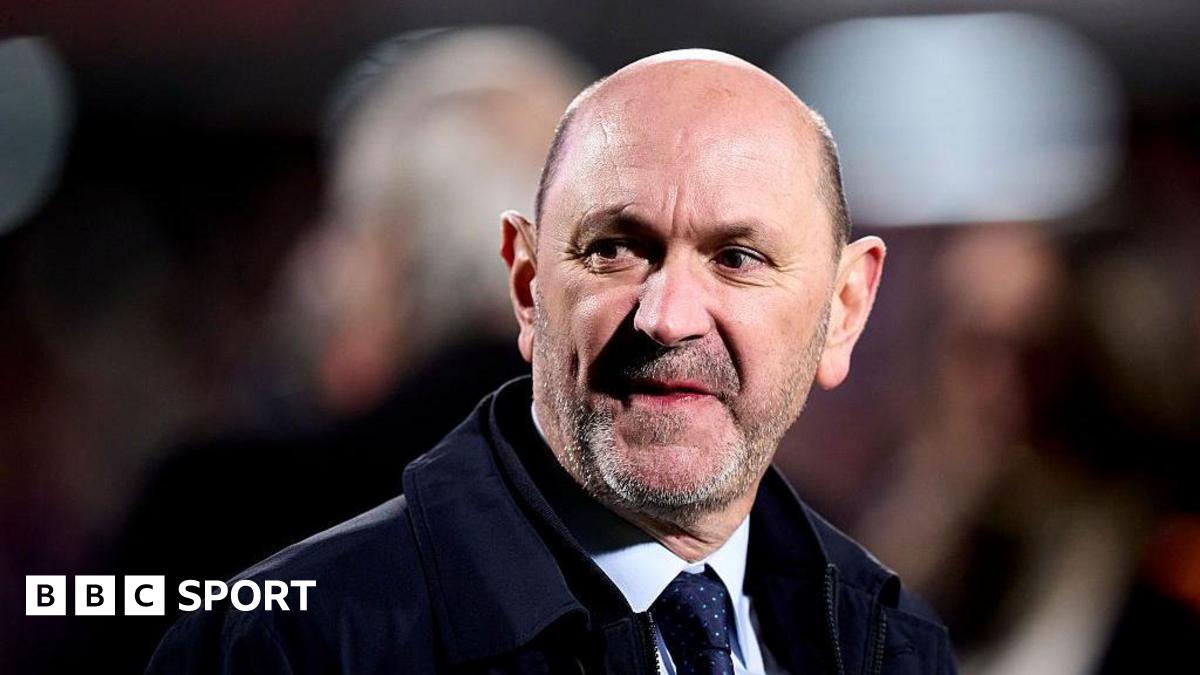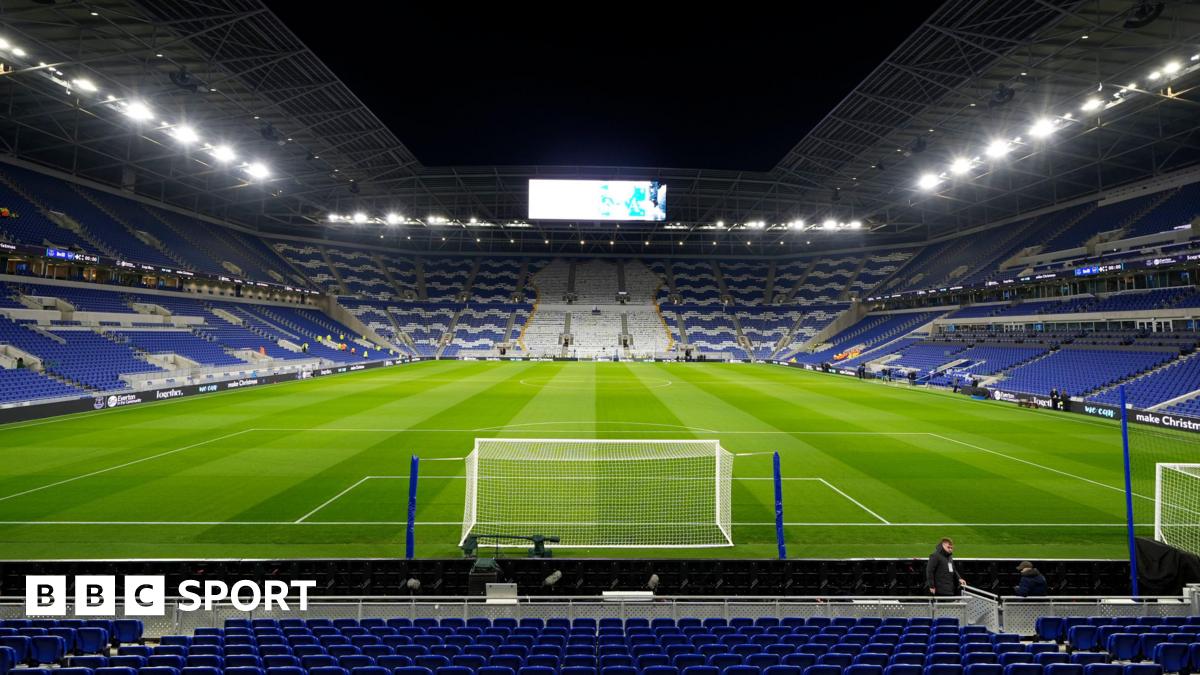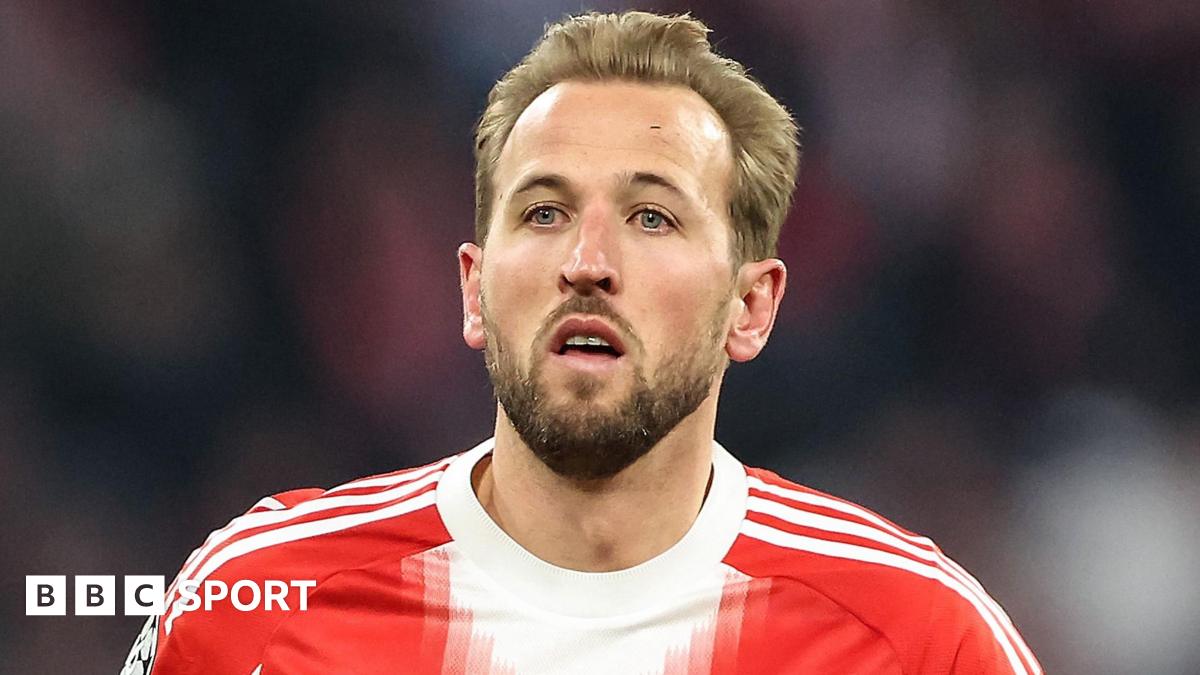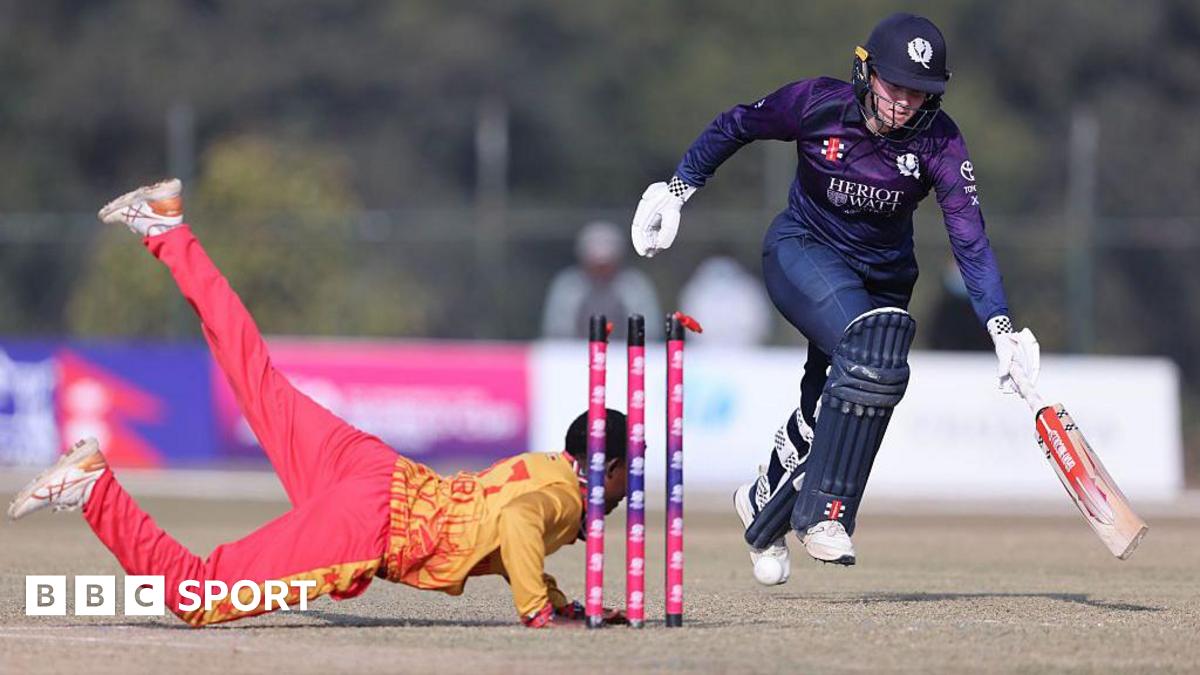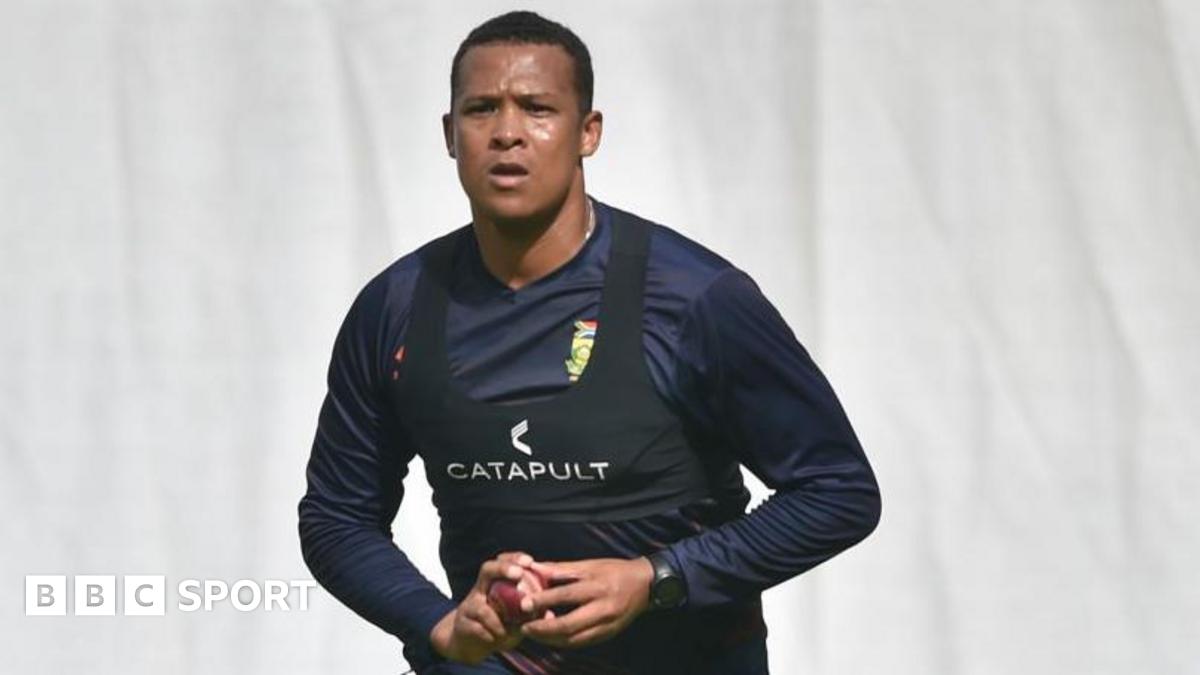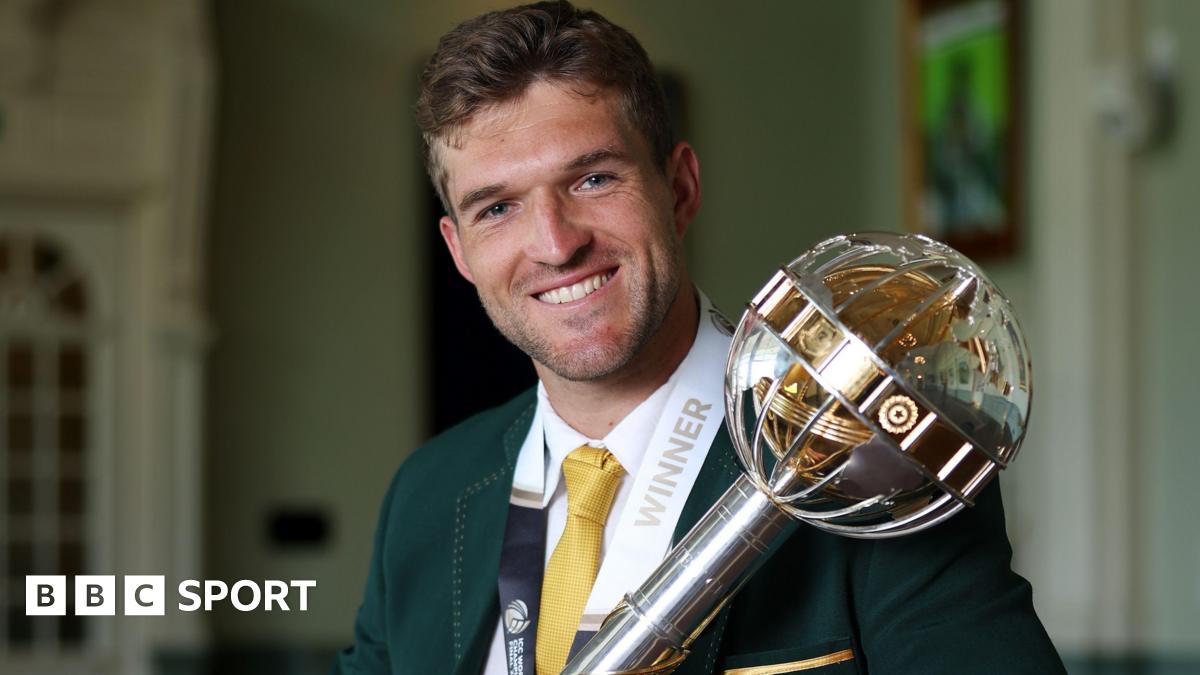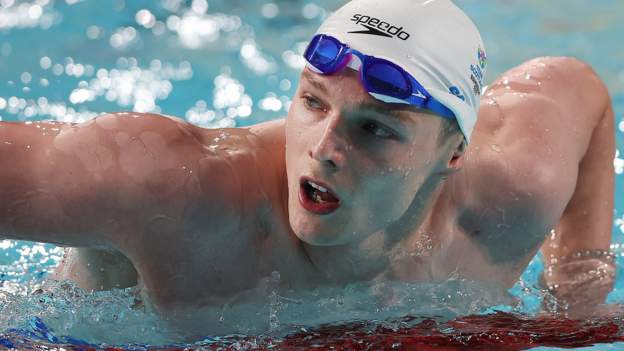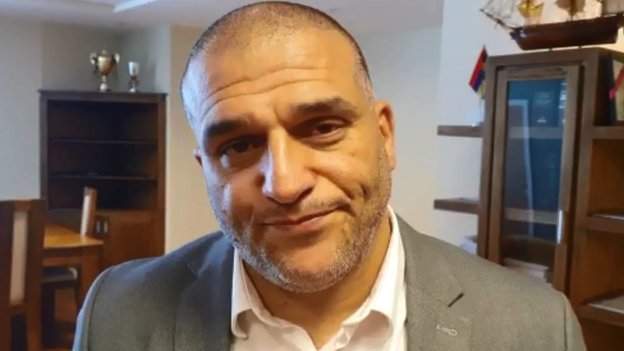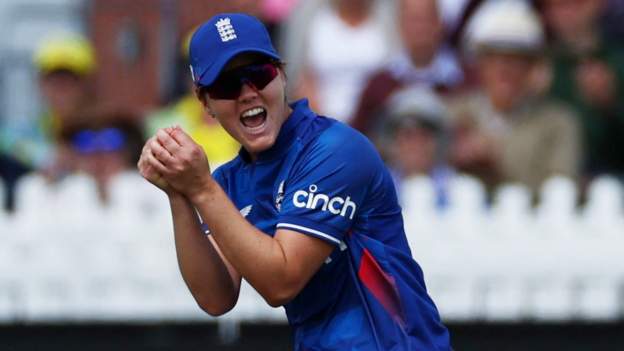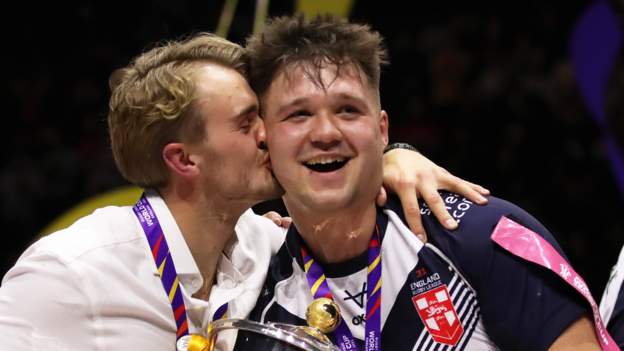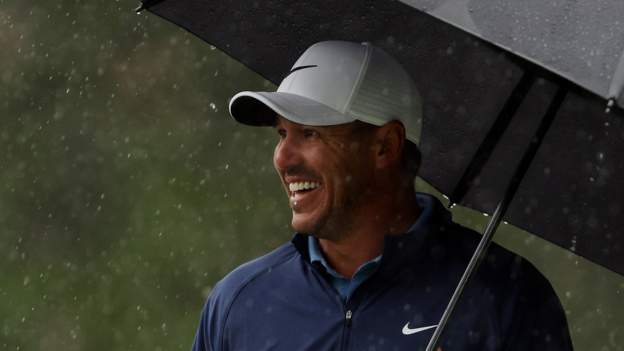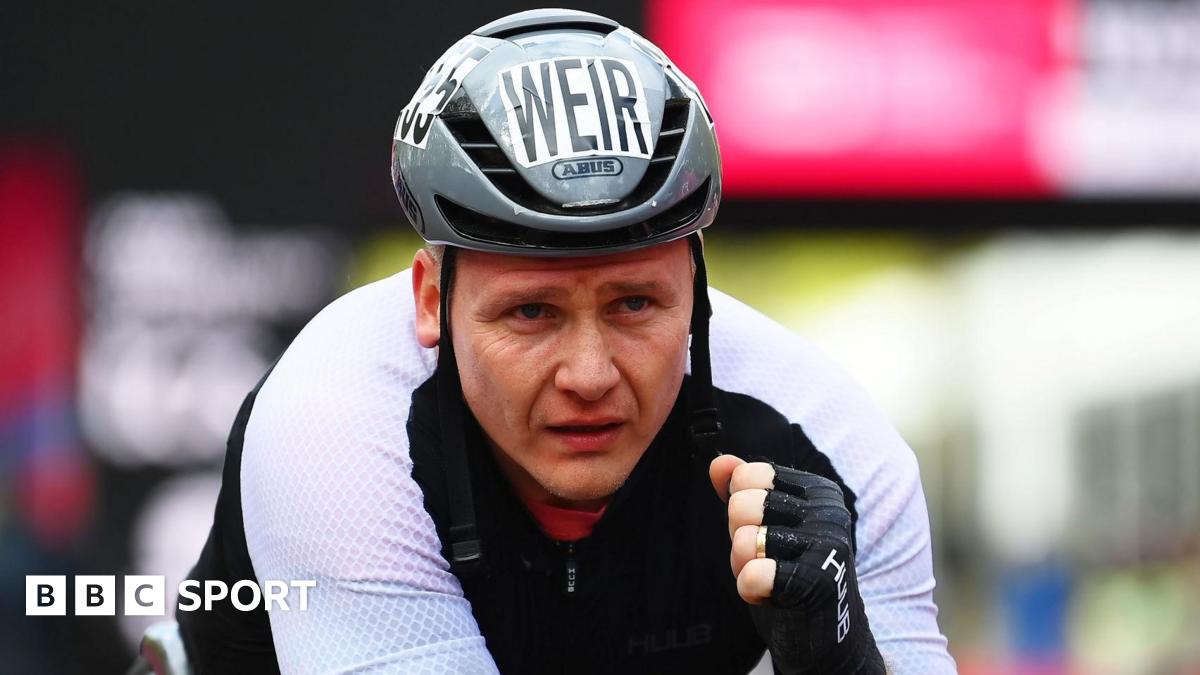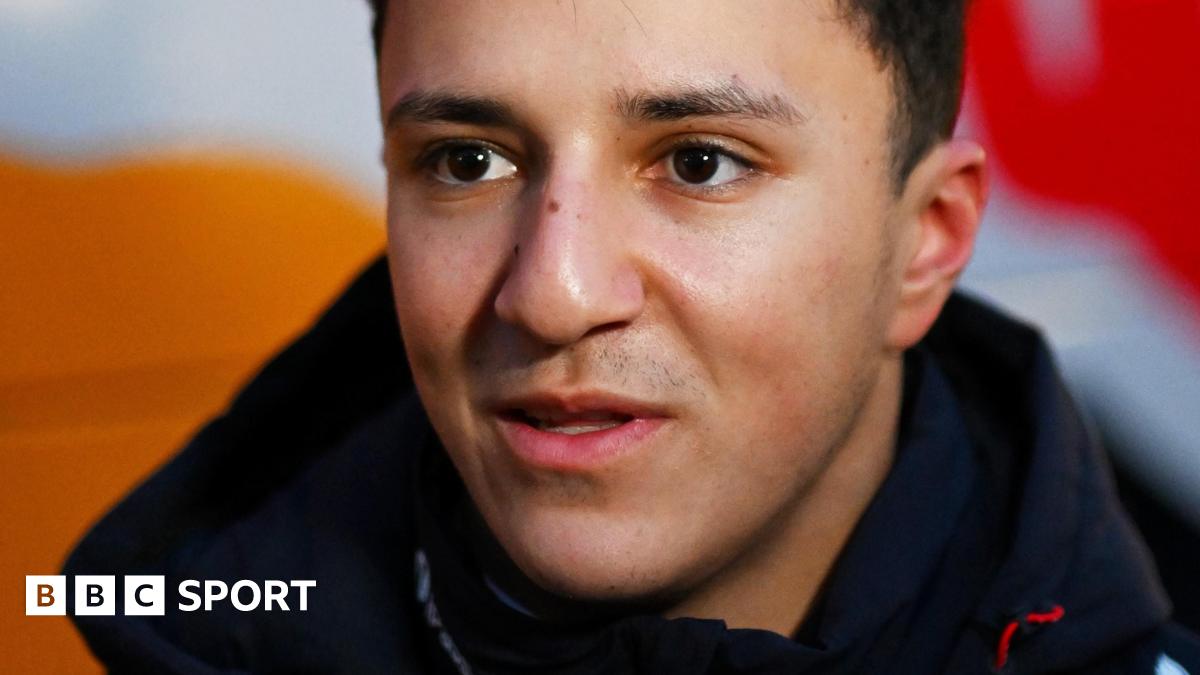Six-time Olympic medal-winning swimmer Duncan Scott has urged the Scottish Government to do more to prevent the closure of leisure centres.
A study published in January showed more than 350 such sports facilities in the UK have closed or made changes to their services in the past year.
This month’s Budget apportioned £63m to help mitigate against further cuts, but that fund only applies to England.
“I’d ask the Scottish Government to do the same as down south,” Scott said.
“The statistics don’t lie and I’m fully in support of the Save our Pools campaign. I just hope the parliament and government choses to listen.
“In the grand scheme of things, elite sport is rightly a long way down the list, but it will be interesting to see what the new First Minister’s stance is on sport in general.”
Scott, who who became the first British athlete to win four medals at a single Olympics in Tokyo, posted a passionate video on social media in February about the issue of financial support for leisure centres.
He pointed towards the huge spike in the cost of energy to maintain the facilities and how important it is maintain what he insists are vital hubs.
“The small leisure centres in small towns all around Scotland hold these communities together,” he told BBC Scotland.
“It might not even be swimming. It could be other pool sports, small sports programmes, or the centre as a whole with badminton or squash or the gym.
“These centres are so important, for kids, for me and you, and for the elderly. And not just for sport but for the social side too. So we have to protect them.”
The Save our Pools campaign visited Holyrood for talks on Wednesday and, while preparations for next week’s British Championships prevented Scott attending, he would be open to talking to new First Minister Humza Yousaf about the issue.
The 25-year-old has been an ambassador for Scottish Swimming’s Learn to Swim programme since 2016 and is a vocal advocate for the benefits of the sport.
And Scotland’s most decorated Commonwealth Games athlete, with 13 medals, sees those stretching beyond simple competition.
“With Scotland being part of an island, it’s a life skill. We’ve got over 30,000 lochs, plus all the seas, so it’s crucial for us to learn to swim,” he said.
“There’s the social element as well of learning a skill when you’re young and learning from the challenges of it, like you do in any sport.
“It’s been my whole life and it’s given me a lot of skills that I didn’t think it would, be it time-management, the challenge of integrity, things around leadership and I guess the financial side of it as well. What it’s given me is phenomenal.”

